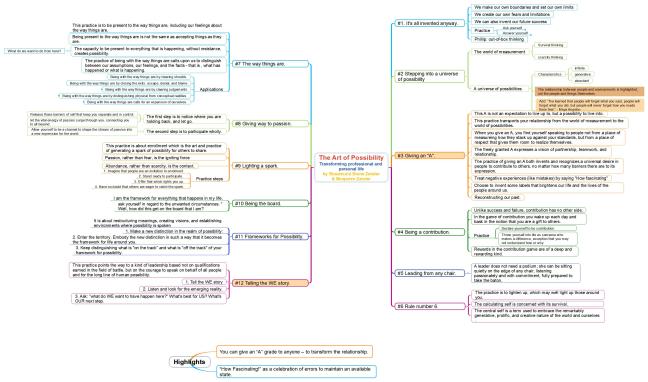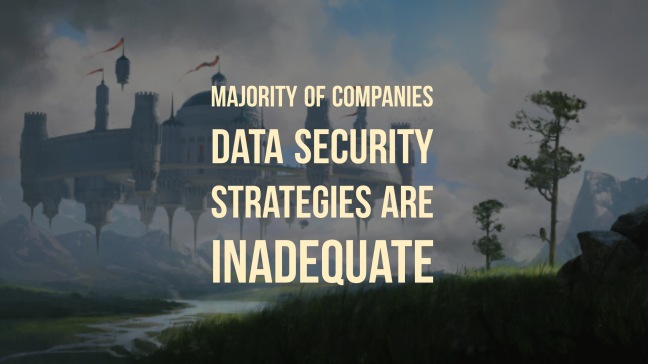Lawrence Freedman books is a gigantic masterpiece into the history of strategy. Perfect for a newcomer and reminder for the expert.
Good historians structure the events of the past around a good framework, thereby, informing the audience to some new insight that was not thought about before. Lawrence Freedman fantastic book on strategy provides a framework for understanding strategy from a historical standpoint. He frames strategy as a dynamic relationship between planning and action, the comedy or the tragedy as he puts it, that can bring about victory or defeat.
“One strategies are considered as narratives a close relationship with drama become evident”
The work itself tells the story of strategy right from the very start of history in a narrative format. In that way this book is great for a first timer whose understanding of this vast topic is relatively new. It will allow the neophyte reader to understand modern strategy concepts and how they evolved over the millennium thereby giving the reader a good foundational knowledge. However, it will give those who are well versed in this topic a aide-mémoire of the core of strategy and remind them that strategy is an art mixed with logic.
As a recent graduate, the art of modern strategy has never been more relevant. As I compete in the competitive marketplace I’m looking for what Porter calls my sustainable advantage. However, its not always clear how this can be attained as there are different argument. For example:
- Freedom outlined that a good strategy is like a good narrative it is dynamic and must be changed throughout the conflict. This, however, seems purely internal
- Clausewitz philosophy (if I understand him) argues that strategy is asymmetrical with the aim of getting the other side to do what we want it too, and of course, but this only focus on the external
- Porter’s the latests export describes five forces that will influence a company or individual to remain competitive. He argues that the company must change in order to remain competitive.
Freedom of course covers all of these arguments in some detail. Which brings us to the biggest criticism I have of this book. Its extremely academic and as I understand strategy it should not be. Strategy is how do we win? and Freedom covers nothing practical, no new framework to think about just a lot of detailed history and very little practical advice.
If you were to read the Amazon comments a lot of the readers suggest that you skip the middle chapters and its easy to see why. In terms of practical uses that vast bulk of the book is useless. It could be summed up quite easy:
Strategy is the getting of power
This is something that I can agree with. Power is why we learn strategy. In essence we all want it. Why would a book thats close to a 1000 pages do so well if people did not want power. But as this book attempts to point out all strategies have limitations. Armies have difficulty invading cities, such as when the Germans tried to invade Paris and companies may not have the core competencies to enter a new market. By the end of the book I was pondering an idea that it hinted out but was not specifically mentioned, that of being agile.
Over the past few years many business have attempted to become more adaptive to the marketplace, yet few actually are. It is easy to see why this attribute is considered desirable, the environment is way more dynamic than it ever has been. In the past major black swan moments were quite rare. So while some strategies become ineffective the majority remained. Nowadays, whole industries can be created and destroyed in a few years. Look at MySpace for an example, it had first mover advantage in the social media space but was overrun by Facebook. And now Facebook is in danger of being torn apart by a multitude of smaller more niche players. It’s bit like the Macedonian Empire with all of its fractions fighting for dominance and the big players struggling to remain on top. And yet strategy remains. Those who win are those who are able to do rather then those who able to think.
This is, Freedman says, what makes an effective strategist from ineffective one. The narrative we tell can either be a comedy or the tragedy. Power, or the study of getting power, is only the story, but armies, companies, and kings are all telling stories to remain in power. Strategy is a craft, one that we craft internally, one that we craft externally, one that we influence with and one that we are influence by. Its all but a game and the framework we tell is its best card.
This review is part of series on strategy books. The first book review in the serious was: A Backstabbing Powerful Game of Tremulous Grad Strategy











